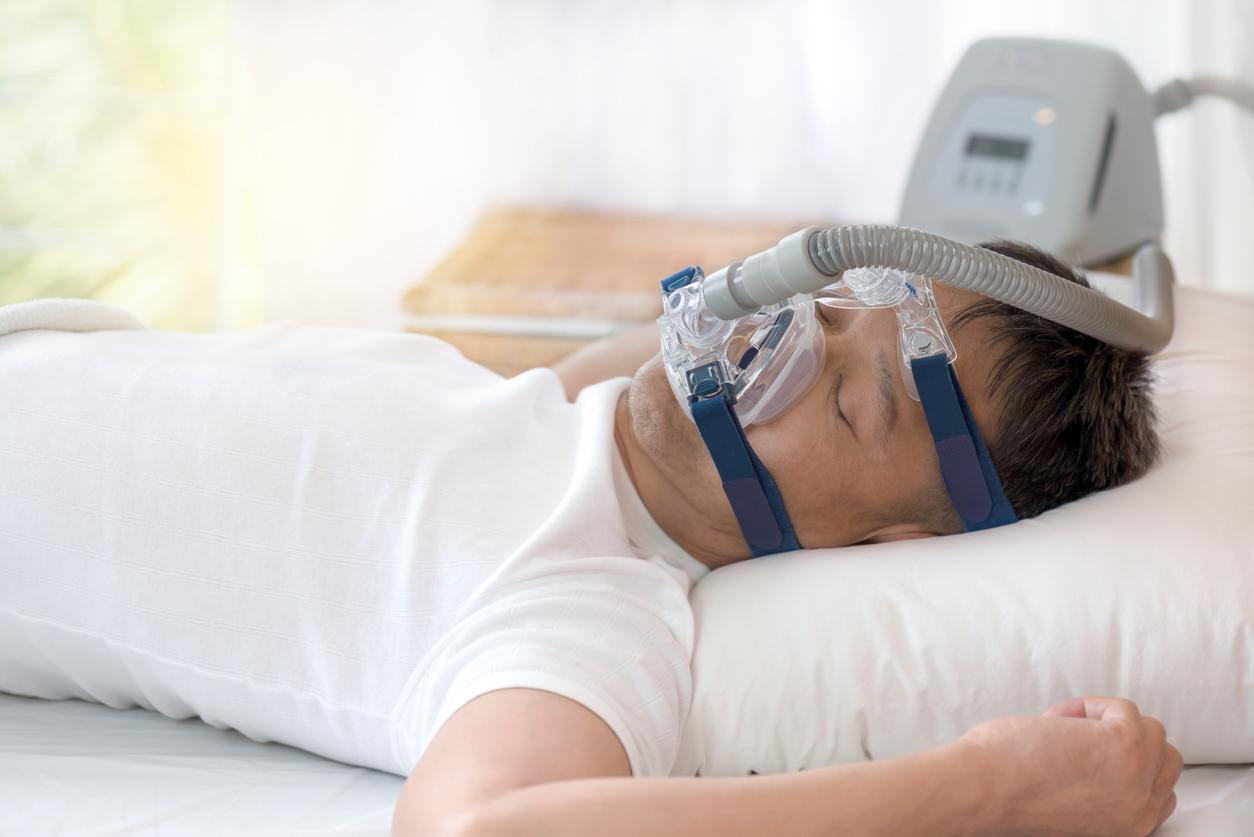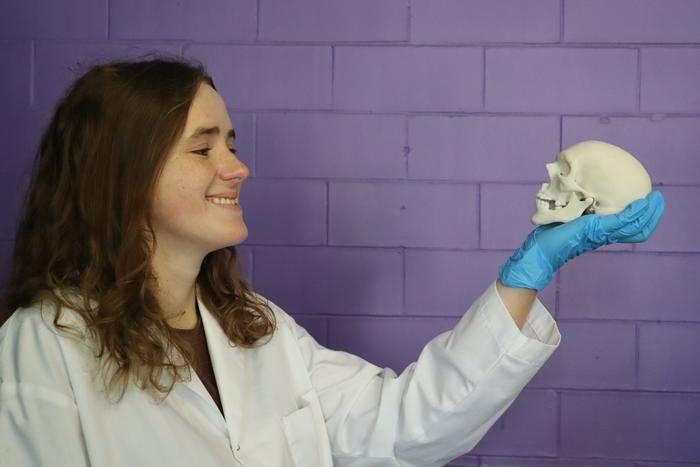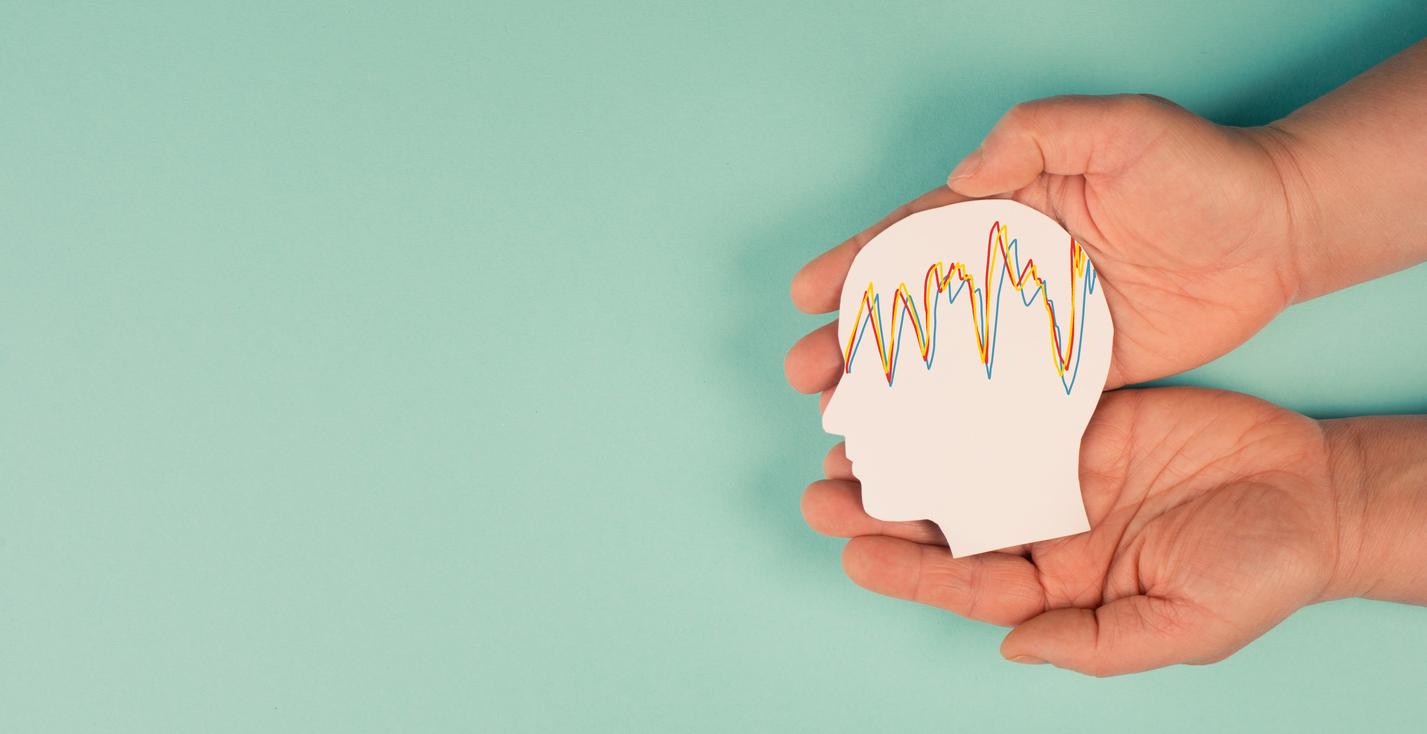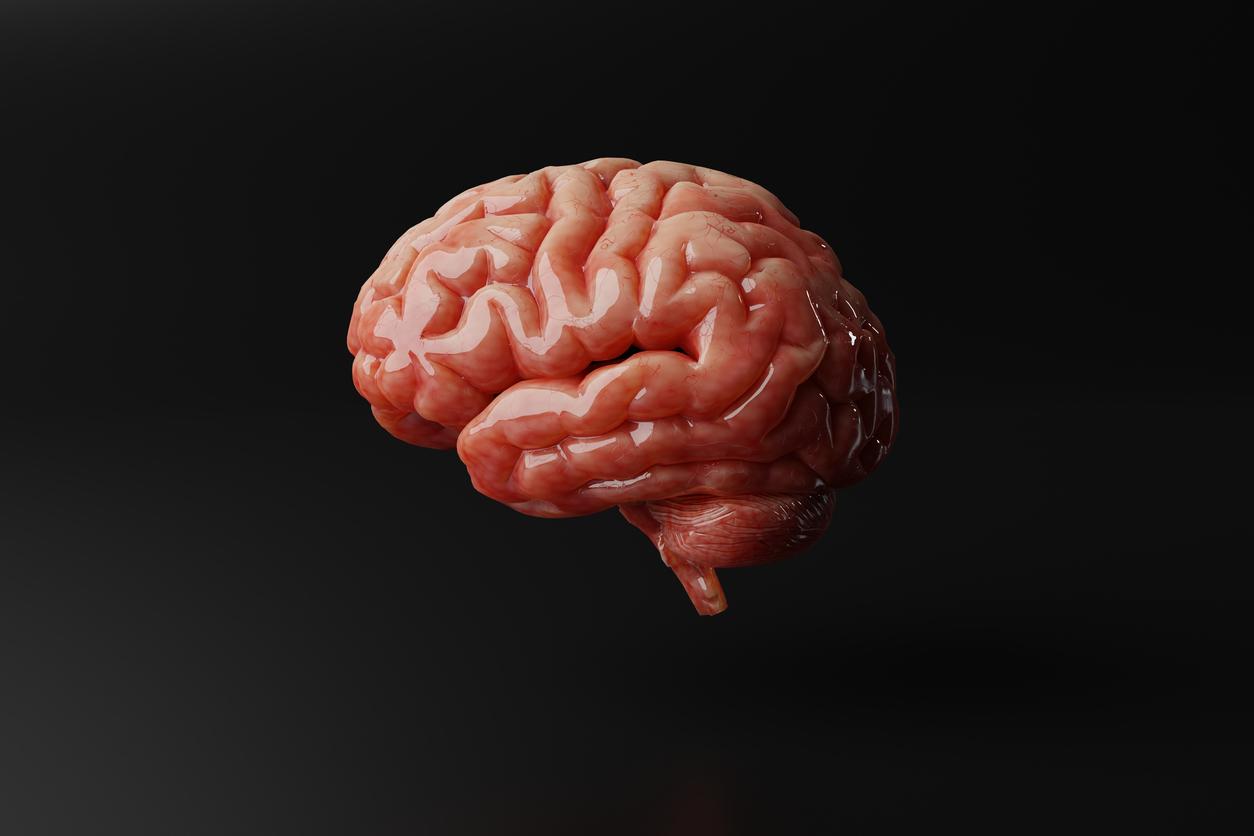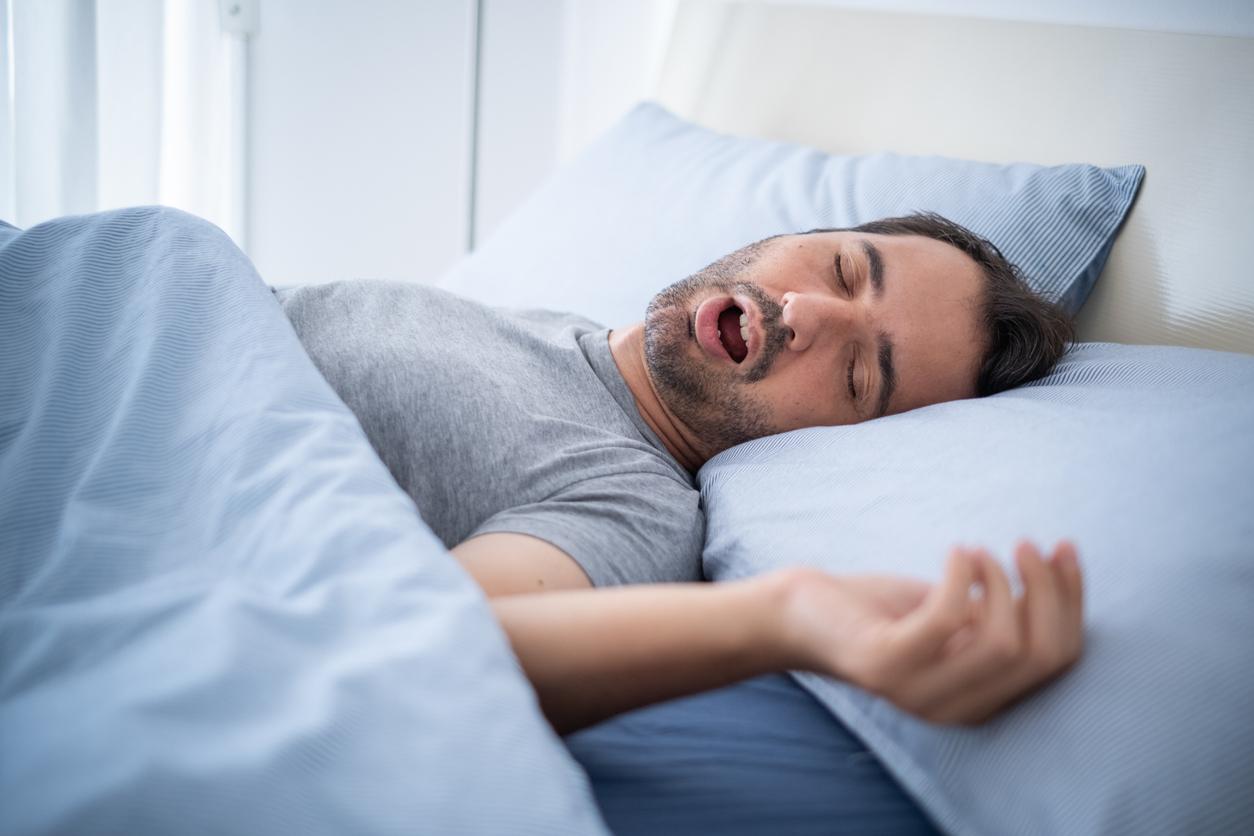The American Medicines Agency (FDA) on Thursday approved an implant intended to treat sleep apnea. The device would reduce symptoms by 68%.

According to an OpinionWay study, just under one in ten French people are affected by sleep apnea, a sleep disorder where the sleeper suffers from pauses (apnea) or decreased respiratory flow (hypopnea) for a few seconds. This chronic disease which increases the risk of developing high blood pressure suffers in addition to a lack of information. As a result, many patients do not even seek treatment (60%). Especially since those sold freely in pharmacies (sprays, strips) are often not suitable for apneic patients. However, the American Medicines Agency (FDA) has just given the green light to the marketing of a kind of implant, the first of this type, to treat this pathology which affects 12 to 18 million people. Americans. And around 3 million French people.
An implant that works with a battery under the skin
The move was announced Thursday by the manufacturer, Inspire Medical Systems, based in Minneapolis, Minnesota. The product now on the market is a kind of pacemaker, which electrically stimulates the hypoglossal nerve, the motor nerve of the tongue, which is thus thrown forward, leaving more space for air circulation. The battery is implanted under the skin in the upper chest.
One of the main causes of this form of apnea is, in fact, excessive relaxation of the tongue and throat muscles during sleep which often blocks breathing and wakes those who suffer from it.
To achieve this result, patients activate the system using a small remote control when they go to bed and deactivate it when they wake up.
Not treating sleep apnea is dangerous
Before marketing, this tool was validated by a clinical study published in early 2014 in the American medical journal. New England Journal of Medicine. This showed that this device reduced sleep apnea symptoms by 68%. “This therapy represents a major breakthrough in the treatment of sleep apnea for a number of patients,” said Dr. Meir Kryger, professor at the Yale School of Medicine (Connecticut) who participated in this work.
For its part, French patients will have to be content with the usual expensive treatments offered by doctors: laboratory orthoses, soft palate surgery, etc.
Solutions that are important to inform patients because the risks of untreated sleep apnea are significant. The drop in oxygen in the blood increases blood pressure and heart rate, which leads to a risk of hypertension or heart attack. Obstructive sleep apnea syndrome also promotes the development of cancer cells and type 2 diabetes, according to various studies. Finally, last October, a study also revealed that in 20% of road accidents, drowsiness was involved. And 7 out of 10 apneic patients admitted to having had an accident because of the fatigue caused by the disease.
Source: YouTube
.









